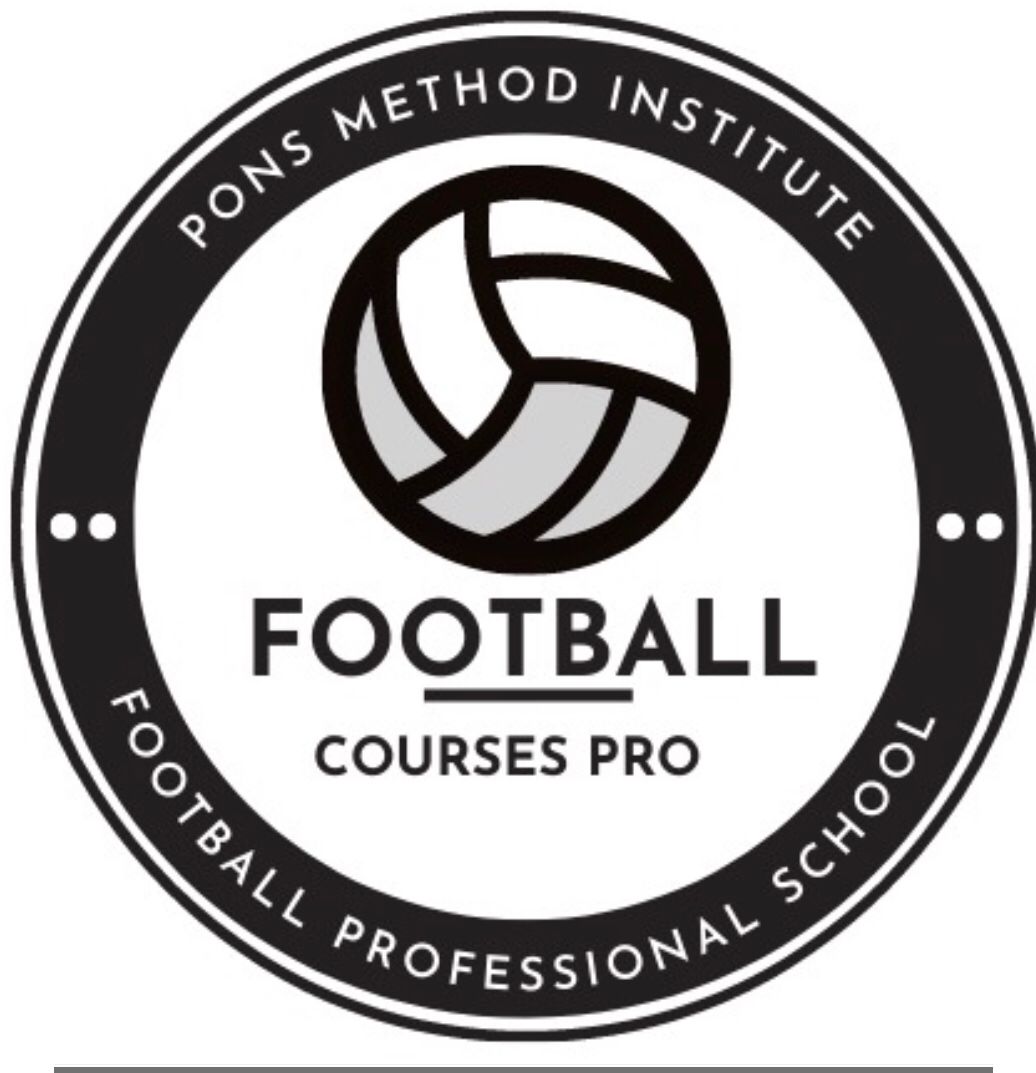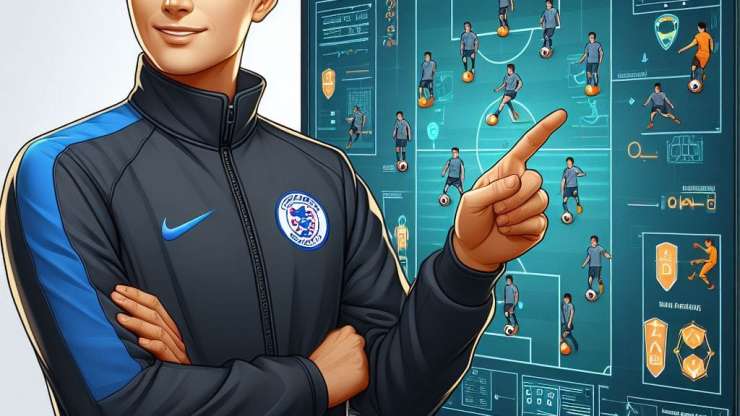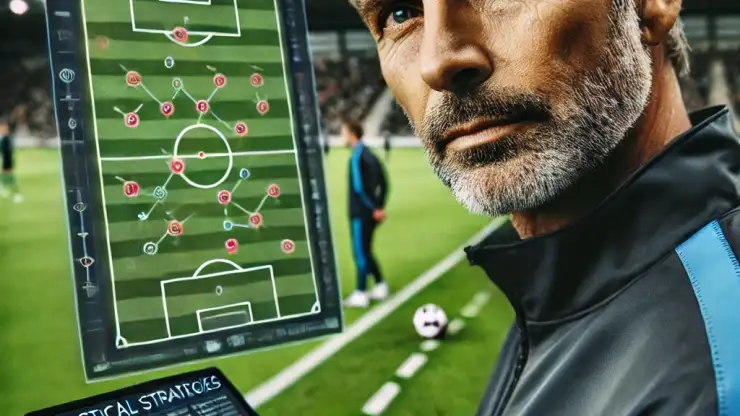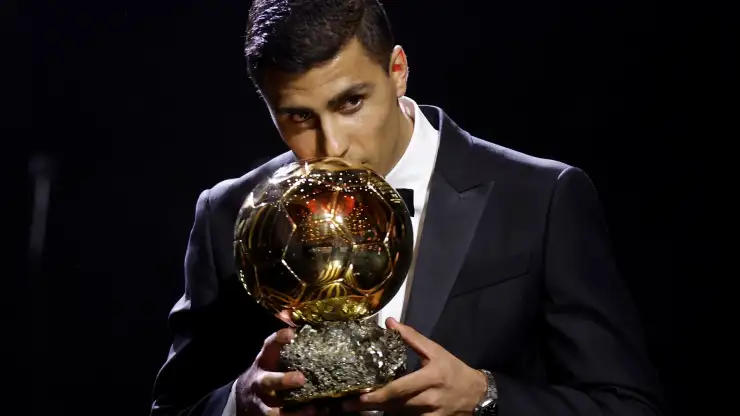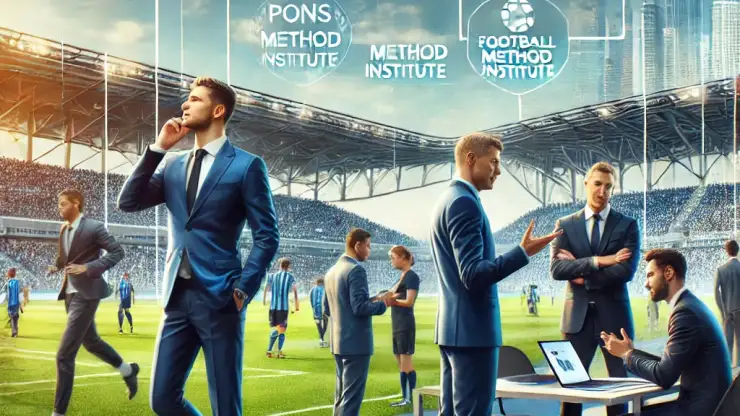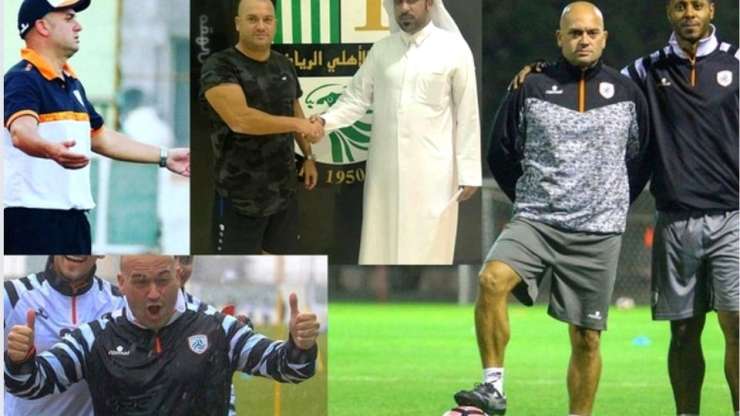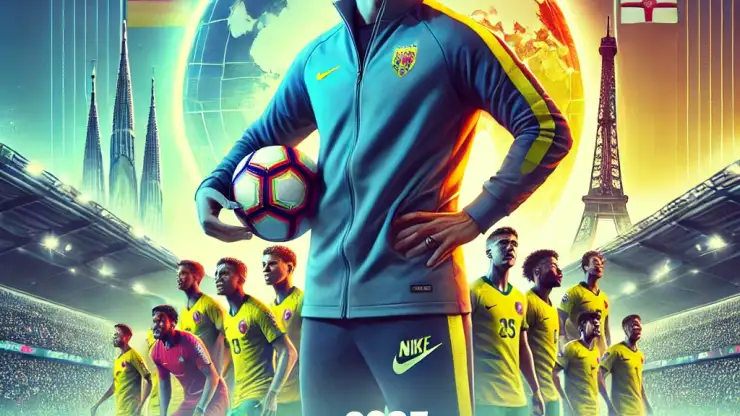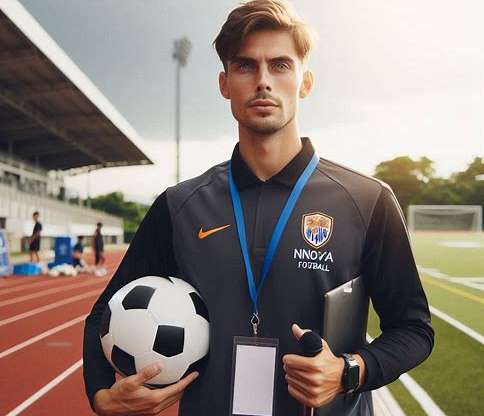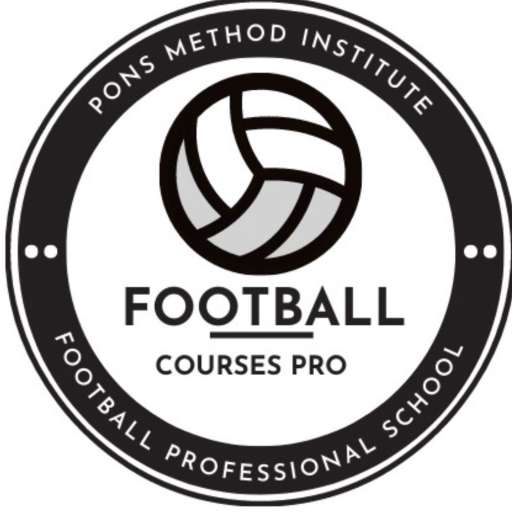In the field of modern football, training has evolved towards more comprehensive and specialized methodologies, where every detail counts. The Pons Method, which emerged from the experience and unique vision of coaches committed to the comprehensive development of the player, is positioned as a pioneering model. Unlike other approaches, the Pons Method prioritizes a growth dynamic that starts from the player towards the team, the coach and the coaching staff, and never the other way around. This principle, far from being a common structure, is a declaration of intentions that redefines the way in which the sports training process is understood.
The Philosophy of the Pons Method: From the Player to the Team
The Pons Method places the player at the center of the training strategy, not as a simple piece of the collective machinery, but as the core around which the entire training process revolves. The idea is simple, but powerful: develop the team from the individual needs and abilities of each player. This not only optimizes personal performance, but also strengthens the team by enhancing its unity from a solid and conscious base.
This approach challenges traditional methodologies, which often impose a generic model that does not always adapt to the particularities of each footballer. By working from individual specificities towards the collective, the Pons Method creates a more robust and adaptable structure, where development is not an external imposition, but a natural and progressive evolution that respects the essence of each player and enhances their unique capabilities.
The Principle of Specific Specialty: The Exquisiteness of Training
Within the Pons Method, the “Principle of Specific Specialty” stands as one of the most important pillars. This principle encourages training in which each player works on their particularities individually, but without losing sight of the unity of the team. Here, the coach becomes the methodological person responsible for every detail, especially in ball exercises, which must be designed and executed in an “exquisite” manner, aligning with the coach’s game model.
The responsibility for planning such detailed and specific training falls on the coach, who must ensure that each member of the technical staff understands and respects this philosophy. It doesn’t matter how experienced the assistant coach or any other specialist on the team is: everyone must be aligned, understand the coach’s methodological language, and master the specific details that turn an exercise into a tool for tactical and strategic improvement.
More Work, More Communication, More Synergies
Implementing the Pons Method is neither easy nor quick; it is a process that requires a high degree of commitment, work, and synergy between all those involved. It is not about complying with a series of exercises; it is about an approach in which each movement, each decision, and each correction responds to a logic that goes beyond the visible. This method demands not only constant communication, but also a deep understanding of the principles that underpin it.
Most coaches tend to avoid this type of approach because it requires much more work, responsibility, and continuous interconnection between members of the technical team. Personally, I remember the advice I was given when I first started in this profession: “Who is your second coach?” they asked me. I answered that he was a former second division player in Spain, someone with experience in the field. However, my mentor was clear: “Until he knows your language, your small details, your best corrections, and how the rondos fit together, he will not be truly prepared to help you.” This advice, as simple as it is profound, showed me that the complexity of the Pons Method is not for everyone. It requires a committed team, prepared to understand even the smallest detail of the methodology.
The Pons Method as a Knowledge Examiner
This level of demand and specialization makes the Pons Method act, in a way, as a knowledge examiner. The methodology exposes the weaknesses and lack of preparation of those who are not willing to work in depth. It is a demanding path that requires extra effort in every session, in every drill, and in every exchange of ideas within the coaching staff. For many, this is an insurmountable barrier, as they prefer the easy, less compromising path.
However, those who choose the Pons Method are choosing an approach that goes beyond appearances and seeks real, sustainable performance. They are willing to go through the constant learning process that the methodology demands, and this dedication is what will allow them to perform at their best and build a strong, coherent team identity.
The Key Question: To Pretend or to Perform?
Ultimately, the Pons Method poses a fundamental question that should resonate with all coaches and football professionals: What do we prefer, to pretend or to perform? In a world where appearance and superficial recognition are tempting, the Pons Method reminds us that true success lies in authentic performance. It is not about showing credentials or titles, but about achieving results that speak for themselves, about building teams that demonstrate on the field the impact of meticulous and well-structured work.
It is easy to be tempted to pretend knowledge or achievements, but the Pons Method challenges us to choose the path of real performance, the one that does not need explanations because it is evident in every game, in every play and in every team success. This path is not for everyone, but those who decide to follow it find a reward much more valuable than mere appearance: respect for a job well done and the satisfaction of having achieved true performance.
Conclusion: A Path of Demand and True Success
The Pons Method is not a path for everyone, nor does it seek to be. It is a method that demands more, much more, in terms of planning, responsibility, and communication. But it is also a method that offers rewards to those willing to take the difficult path: the satisfaction of authentic work, the comprehensive development of players and a team identity that not only performs, but is consolidated with each step.
The final question remains in the air, as a challenge for all coaches: Do we prefer to pretend or to perform? The Pons Method is clear about the answer, and its demands act as a compass for those who want more than superficial recognition; they want authentic and lasting performance.
